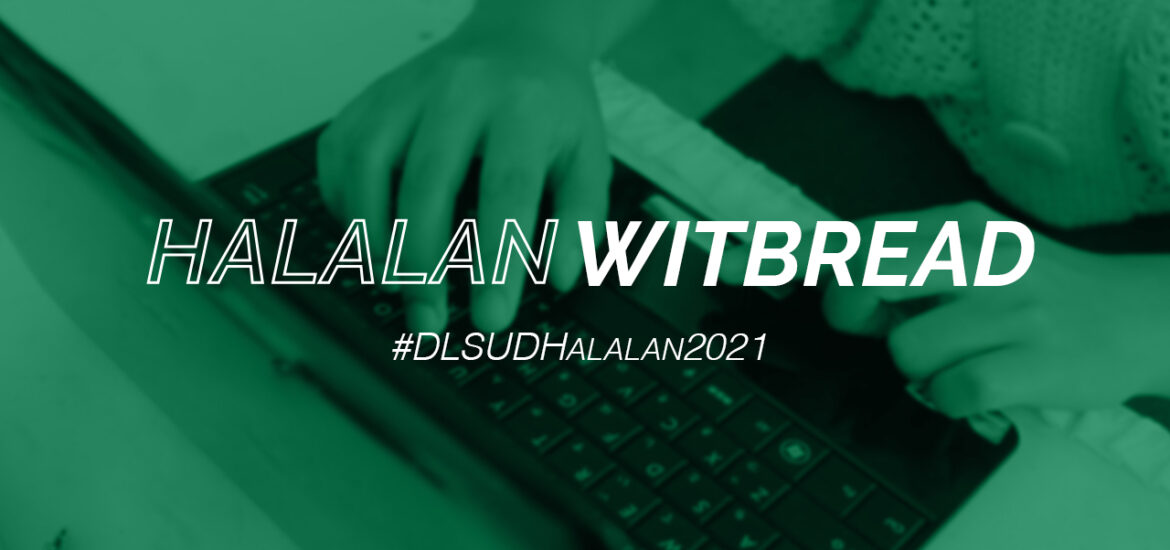The three years of frustration over the absence of elections in the University came to a halt with the University Student Elections Commission (USEC) announcement of the General Elections on June 21-26, 2021. This marks the first election of the student body after the ratification of the newly-established University Student Government (USG) Constitution that created Primary and General Elections in the fervent hope of increasing student participation in university governmental affairs.
However, today’s election cannot suffice the dreadful situation of Lasallian voters when their first right to suffrage is still compromised due to the inadequate performance executed by the University Student Elections Commission (USEC), University Student Government (USG), and College Student Governments (CSGs) in bringing electoral information closer to the students.
Lasallian students are left with no choice but to abstain or choose leaders who are merely available but may not be the most qualified in representing them in student matters.
Out of seven colleges in DLSU-D, only the College of Engineering and Architecture Student Government (CEATSG) produced candidates for both collegiate executive positions (governor and vice governor) and legislative council. Meanwhile, the College of Liberal Arts and Communication Student Government (CLACSG) and College of Business and Administration Student Government (CBAASG) presented candidates for governor and vice governor, and legislative council, respectively.
The remaining four colleges, namely, College of Criminal Justice and Education Student Government (CCJESG), College of Education Student Government (COEDSG), College of Science and Computer Studies Student Government (CSCSSG), and College of Tourism and Hospitality Management Student Government (CTHMSG) failed to show exemplary leaders willing to uphold the executive and legislative seats of CSG.
The pursuance of the 2021 General Elections without candidates to be voted upon is a blind illusion of student’s right to suffrage. The exercise to vote is associated with the freedom to select leaders representing the students’ clamor in societal, political, and economic issues within and outside the University. Yet, Lasallian students are left with no choice but to abstain or choose leaders who are merely available but may not be the most qualified in representing them in student matters.
The 2021 General Elections is a severe reflection of passivity and a dangerous standard set by the incumbent student leaders on how people in a powerful seat can give importance to the University’s pressing issues and matters.
Moreover, concentrated efforts from the USG, CSGs, and USEC to launch an information drive regarding the 2021 General Elections remain stagnant even after the drought of elections in three years. Instead, these powerful institutions should have been at the forefront of cooperative efforts in educating, informing, and improving the electoral system of DLSU-D.
The organizations, as mentioned above, must delve into creating serious election apprehension programs such as body orientation, general assembly, webinars, and university debate that will genuinely inform the students of their right to vote and even be a candidate. These institutions’ responsibility is to ensure robust efforts of delivering information closer to Lasallians and not rely on online publication materials incapable of guaranteeing election awareness.
The 2021 General Elections is a severe reflection of passivity and a dangerous standard set by the incumbent student leaders on how people in a powerful seat can give importance to the University’s pressing issues and matters. Therefore, this alarming situation even calls for more critical participation from the student body to exercise their vote wisely, despite the vulnerable position of student elections.
If a fragile election is the backbone of the future student government, should the students be afraid of their future?

